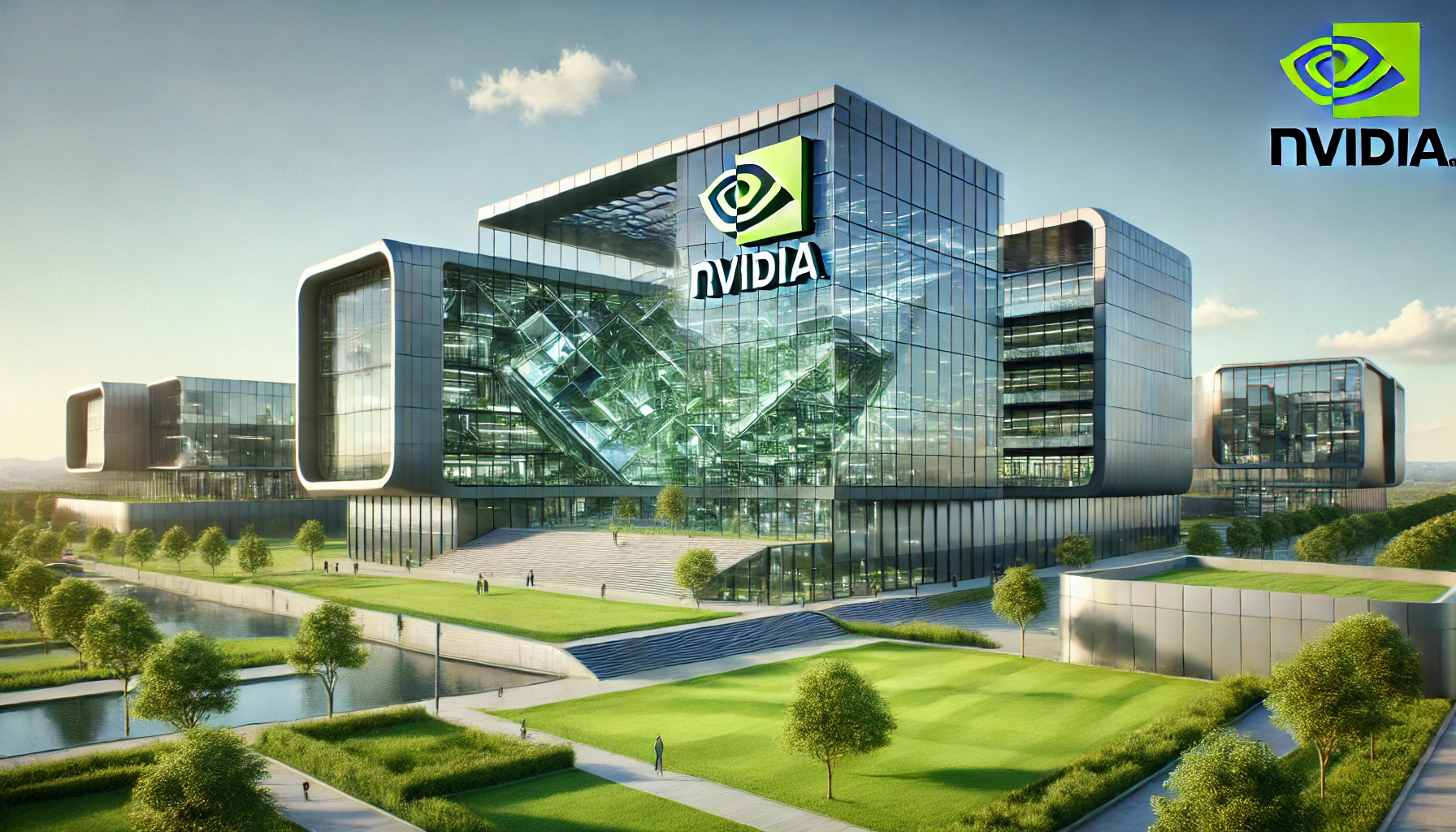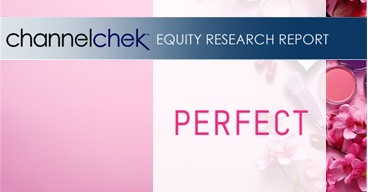| Key Points: – Sun Pharma announced a $355 million acquisition of Checkpoint Therapeutics to expand its oncology portfolio. -The biotech sector is showing strength, with the IBB ETF up 3.5% year-to-date. – The acquisition brings FDA-approved cancer treatment UNLOXCYT™ to Sun Pharma’s global portfolio. |
Sun Pharmaceutical Industries has announced its acquisition of Checkpoint Therapeutics in a $355 million deal aimed at strengthening its presence in the oncology sector. Checkpoint, a commercial-stage biotech company, has developed UNLOXCYT™ (cosibelimab-ipdl), the first and only FDA-approved anti-PD-L1 treatment for metastatic or locally advanced cutaneous squamous cell carcinoma (cSCC). This acquisition is expected to accelerate global access to this innovative cancer treatment and expand Sun Pharma’s onco-dermatology portfolio.
The broader biotech sector is emerging as a bright spot in an otherwise volatile market. The iShares Biotechnology ETF (IBB) is up 3.5% year-to-date, reflecting increased investor confidence in the sector’s growth potential. Unlike other areas of the stock market that have struggled amid rising interest rates and economic uncertainty, biotech has benefited from continued innovation, regulatory approvals, and M&A activity.
The deal provides Sun Pharma with immediate access to a groundbreaking cancer treatment, allowing the company to leverage its global footprint to scale distribution. With approximately 1.8 million new cSCC cases diagnosed annually in the U.S. alone, there is a substantial market opportunity for UNLOXCYT™. Sun Pharma expects to enhance Checkpoint’s commercialization efforts and drive greater adoption of the therapy in key markets worldwide.
In addition to the $4.10 per share cash payment, Checkpoint shareholders will receive a contingent value right (CVR) of up to $0.70 per share if UNLOXCYT™ secures approval in major European markets by specific deadlines. This structure incentivizes timely regulatory approvals and ensures continued development efforts.
The Sun Pharma-Checkpoint deal is the latest in a wave of biotech acquisitions, reflecting growing interest from larger pharmaceutical firms seeking to expand their specialty drug pipelines. Given the sector’s recent performance and ongoing medical advancements, further consolidation in biotech could be on the horizon.
For investors, the strong performance of biotech stocks and M&A activity suggest that the sector could be positioned for continued growth. As traditional sectors face headwinds, biotech’s mix of innovation, regulatory catalysts, and strategic acquisitions make it an attractive space to watch.















